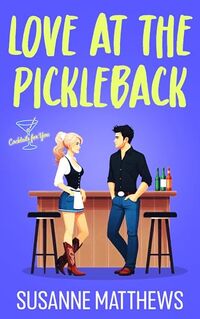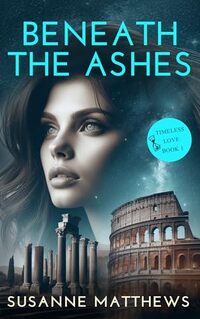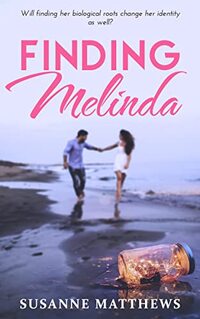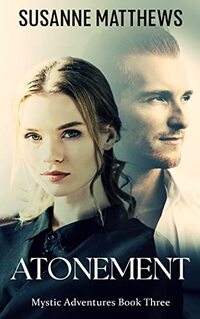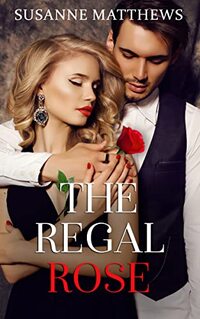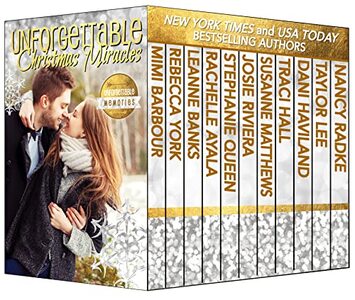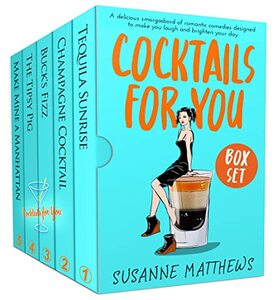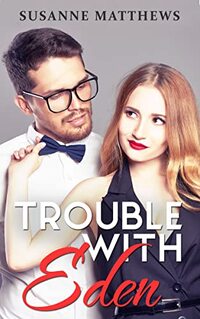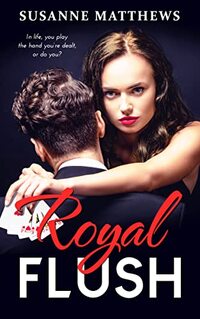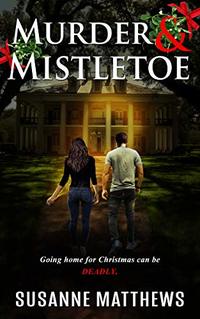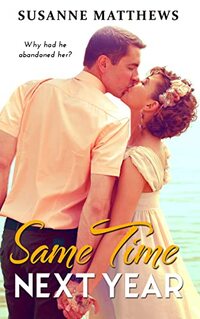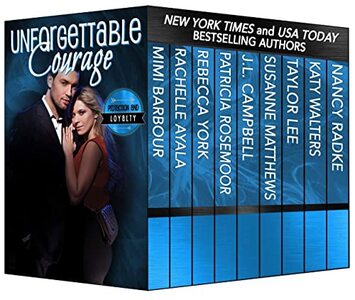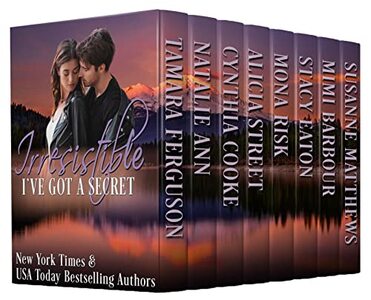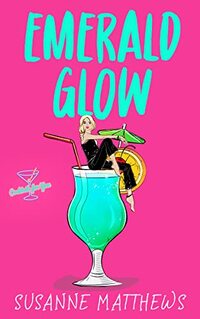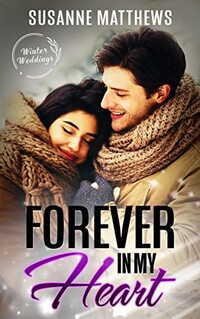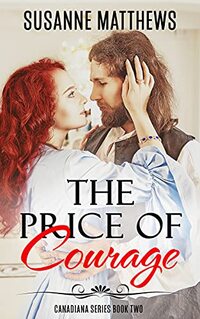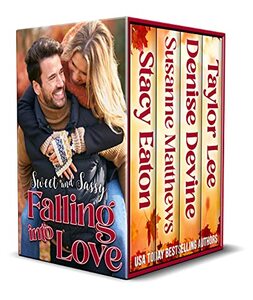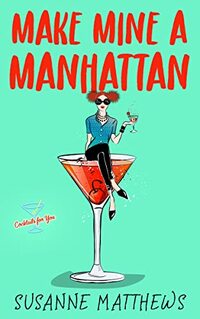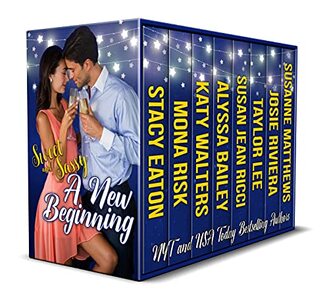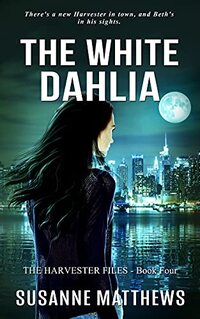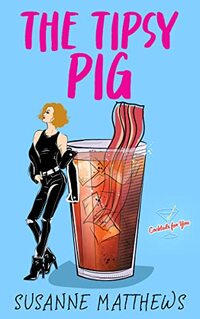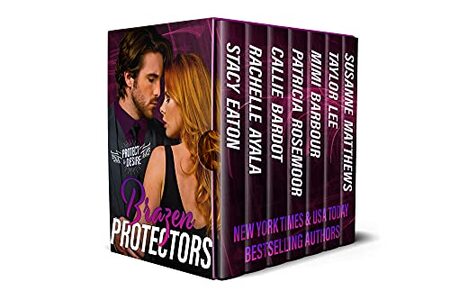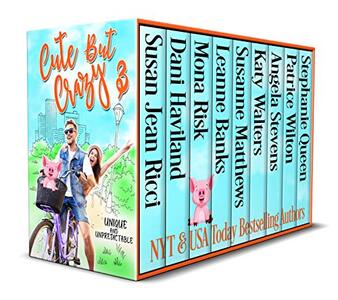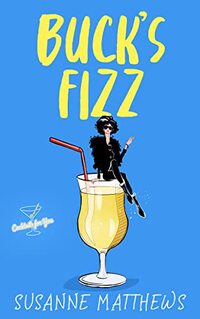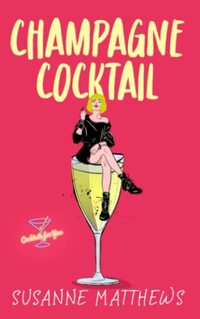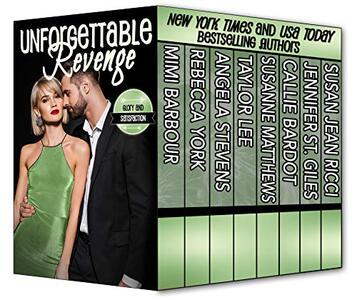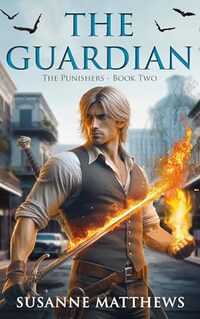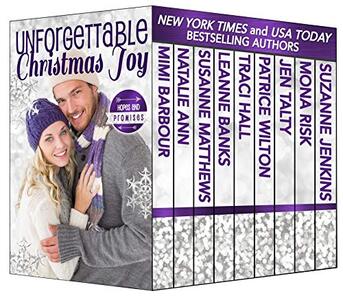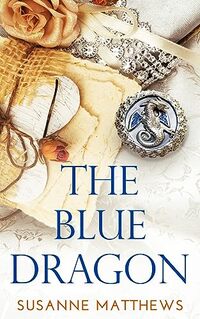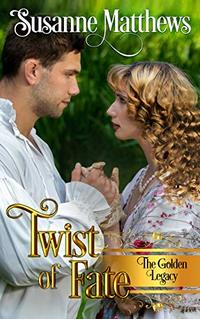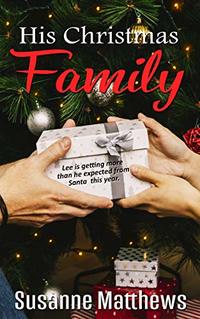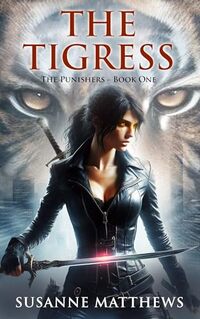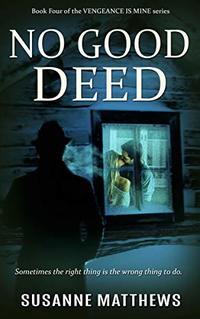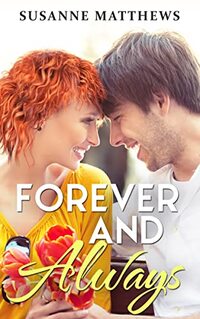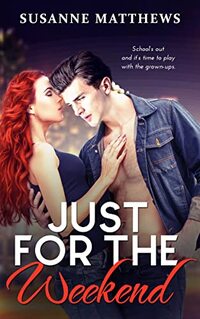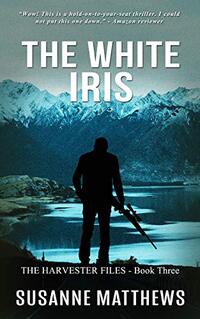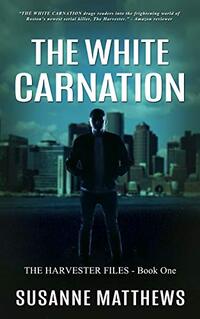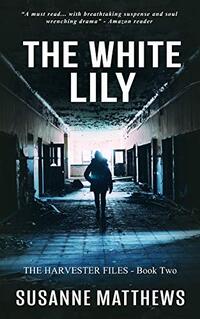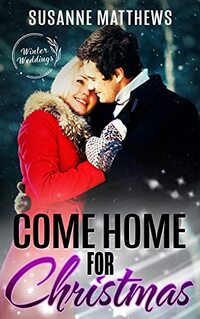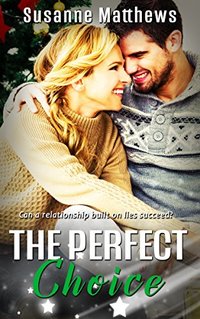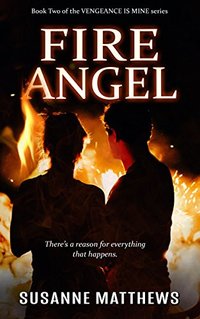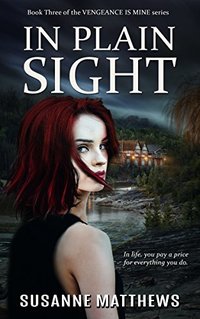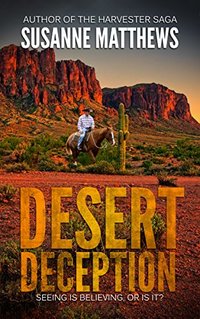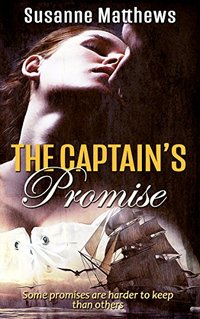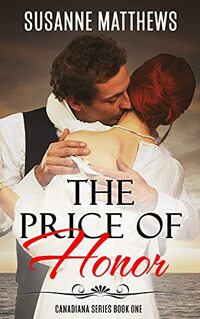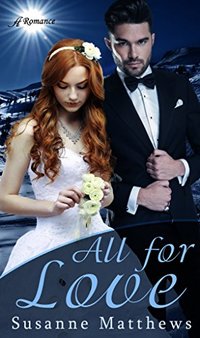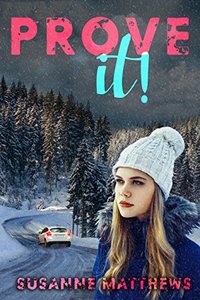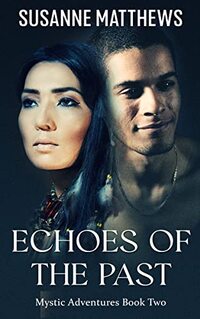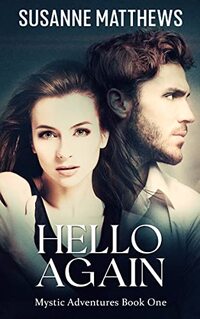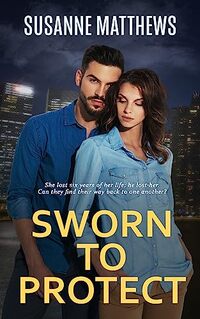Susanne Matthews Interview Published on: 17, Nov 2017
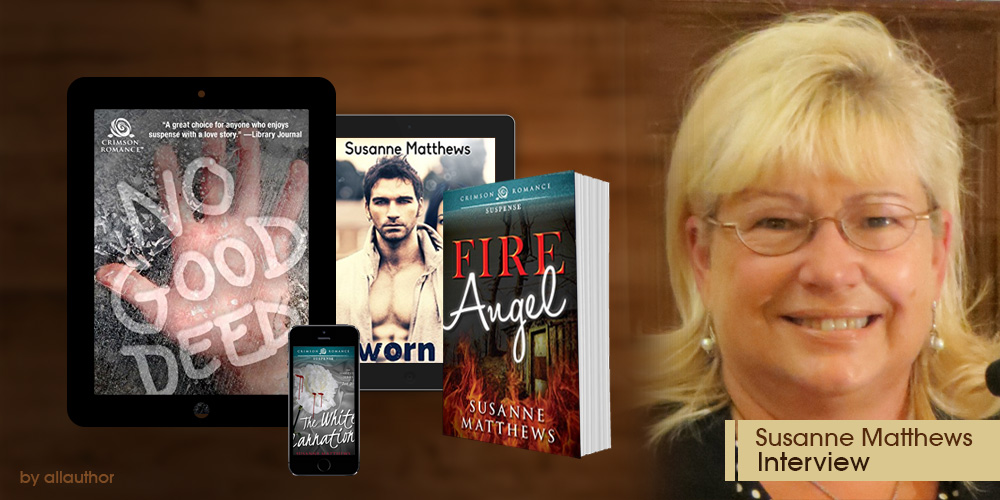 What do you love most about your hometown Cornwall, Ontario, Canada? Do you still live there or have you since moved?
What do you love most about your hometown Cornwall, Ontario, Canada? Do you still live there or have you since moved?
I still live in my hometown, but I did live in Ottawa when I went to university and for another seven years after that. Moving back home meant I was closer to my parents and my sister. Cornwall is a small city, but a good place to raise children, with lots of local sports’ teams to join. It’s only an hour away from Ottawa or Montreal and less than five minutes from New York State. While two of my sons have moved away, my daughter still lives here. What do I love most about being here? The fact that I can spend lots of time with my grandchildren.
When did you first start your blog? Do you remember your first blog post and what it was about?In February 2013, I announced I’d sold my first novel, Fire Angel.
Name some of the most interesting places you've been to. When visiting a new place, what is the first thing you do?My husband and I don’t tend to do the traditional vacations. I’ve been fortunate enough to drive across Canada, from coast to coast, visiting a piece of all ten provinces. While I’ve never been any farther south than Virginia, I have visited Williamsburg, Jamestown, and Norfolk, and crossed the massive bridge and tunnel across Chesapeake Bay. I’ve been to baseball games in both Detroit Stadium as well as Comerica Park, and in the old ball stadium in Baltimore. I’ve taken an Alaskan cruise and been awed by the majesty of the glaciers. While there, I went on a float plane. Last year, I was on a Norwegian coastal cruise. There’s no way to describe the beauty of the buildings and churches a thousand years older than anything on this continent. Probably the strangest place I’ve been is Iceland and the Blue Lagoon. One minute, you think you’re on the moon and the next you see this indescribable pool of blue-green water ... You have to see it to believe it. When I visit a new place, the first thing I do is check out what the area’s claim to fame is and then try to see as much of it as I can. I like to order the most popular dish, too. I’m not too adventurous, so I won’t be eating anything really strange, but it’s fun to taste new things.
What got you into writing romance? Between a historical novel and a paranormal one, which one takes longer to write and why?I’ve always been a voracious reader, but I prefer books with good, solid plots and happy endings. I don’t enjoy erotica unless it’s critical to the story, so my books have very little sex in them. Similarly, I’m cautious and critical of the horror novels I read. When I decided to try my hand at being an author, it seemed a given that I write what I liked to read. Many of the books I’ve written are suspense novels because those are the ones I prefer. In fact, regardless of the overriding theme of my books, every one of them has some suspense in it. My NaNo novel for 2017 is a sci-fi, so there’s lots of room for suspense there, too. I don’t think one genre takes less or more time than another. I write as the story comes to me and research as I need to. I verify all my sources and what I use in the novels. You have to be more accurate in historical novels, while you can give your imagination a touch more freedom in a paranormal or sci-fi book, but I still try to keep those believable.
How important is a book name vs the cover? Why did you choose to name your books in The Harvester series after carnations, lilies and irises as opposed to any other flower?With a virtually unknown writer like myself, I think covers are maybe a touch more important than titles since they’re the first thing a potential reader sees, and if the cover doesn’t strike a note with them, they won’t even notice the title or the blurb. Well-known authors don’t have to worry about that as much since it’s their name and reputation that sell their books. I didn’t choose the titles for the individual books in that series by myself. Originally, the books had more sinister and/or biblical titles, but the publisher wasn’t keen on them. Considering the books were more suspense thriller than romance, she wanted something that might strike a chord with both sets of fans. She suggested The White Carnation because of the role the flower played in that book. From there, keeping to the theme she liked, I re-examined books two and three which were still in their infancy, and edited them to include flower references that could be used for the covers. I decided on The White Lily for book two because of the main character’s name. For book three, I chose The White Iris because it’s a flower associated with death in some parts of the world and changed the name of a minor character to go with it. I’ve been asked if I’ll write any more white flower books. I’m toying with the idea of The White Rose bringing another background character to the forefront. While I wrapped up the initial Harvester case in book three, I’ve left it open-ended enough for a copycat.
What inspired The Harvester Saga Book series? Which book in this series do you find most pride in? Are there any scenes or characters you wish you could change when you look back?The Harvester Saga books were inspired by a number of different things. To begin with, I wanted to write a book using my best friends as the basis for my main characters, Rob and Faye. Then the storyline came to me from a number of different sources, most specifically news items at the time, involving cults, missing children, date rape drugs, and girls leaving their homes to go and join a Middle East terror organization. I was astounded at the number of people who belonged to cults and at the number of those groups who seemed convinced that everything democracy stands for was wrong. Originally, I had intended to only write the first book, but as the story grew in my mind, I realized I had so much more to say. Just like a proud parent, I find it hard to select one child or one book over another. If I could go back, the changes I would make would be to book three. Because of word count issues, I felt I didn’t get to develop the ending as well as I would’ve liked. It wasn’t exactly rushed, but it could’ve used more fleshing out.
How did you come about the idea for "Sworn to Protect"?Have you ever wished you could go back in time and undo something or have it go away? I have a friend who suffered a traumatic brain injury and lived to tell about it. For a while, he had significant memory loss. Today, he has most of his memories back. Sixteen years ago, I was involved in an accident where our car was hit from behind. I remember the accident vividly, but not the following four days. I’ve seen pictures of me taken on New Year’s Eve and don’t remember being there, so the idea of losing time and memories fascinates me. Traumatic events tend to scar us. Losing a child is one of those things, love lost I think is another. Sworn to Protect isn’t my only novel about amnesia. On His Watch has a similar theme in that both main characters lose their memories and a child, but those are really the only points in common. I also liked the idea of reuniting two people who’d suffered a loss and had coped with it so differently. I do know people who’ve lost children and have had their relationships destroyed because of it. It seemed pulling all these threads together would make a good story.
Why did you choose to make Nancy Frost a forensic accountant? How do you usually decide what careers to give your characters?I made Nancy frost an accountant because I named her after my friend, Nancy, who does taxes each spring. As well, my husband is an accountant. Many of my characters have traditional occupations such as teacher, but every now and then, I like to step out of the box. In Echoes of the Past, Michelle is a forensic coroner. In Hello Again, Charley is an auto mechanic-teacher. In Fire Angel, Alexis is a fire investigator. I usually pick careers based on a gut feeling when I start the books. Since I was a teacher, I know more about that, so the career does come up again, but I’ve had singers, artists, and ballerinas, too.
What did you rely on for your information and research for the book "No Good Deed"? Who is the character Nicoli Zabat based on?Montreal is one of Canada’s largest cities and every now and then, issues with the mob come to the forefront. Since Cornwall is so close to Montreal and we have a native reserve that straddles the border of Ontario, Quebec, and New York State, it’s not unusual to hear about mobs and gun smuggling etc. My main sources were articles from various newspapers concerning the Rizutto crime family. While the Montreal mob is said to be a mere shadow of what it was, two of its high-profile leaders are still in the news since they will be going to trial by the fall of 2018 for crimes associated with their mob affiliations. As well, Montreal’s former mayor was recently found guilty of corruption and taking bribes. Adding all that together gave me the basic facts I needed for the story.
In your free time, what kind of books do you enjoy reading?As I’ve said before, I like books with happy endings. I’ve chosen to fill my Kindle with books from new authors such as myself. There are some incredibly talented people out there.
Have you ever had a really great ideas for a book that didn't work out in the end? If so, could you tell us about it?So far that hasn’t been a problem. Since I’m a pantser, I write as the ideas come to me not from a plot graph or prior planning, I can change the story as I write it. I do have a few unfinished books on my desktop, but not because they didn’t work out. I simply haven’t found the time to get back to them. I hope to do so soon.
As an author, what are some difficulties you face on the daily that most other people wouldn't?There are a lot of things that affect me now that weren’t a problem before. The first one is probably sleep deprivation. Sometimes the characters and ideas in my head refuse to settle and I have a hard time sleeping. Another thing that bothers me are interruptions while I’m writing. They throw me off, and I may have to go ack several pages to get my train of thought. Probably the biggest difficulty I face involves promotion. I’m not good at blowing my own horn, so having to do so and figure out creative ways to do it is hard for me.
Do you think an author could ever retire? If so, when do you plan on retiring?I retired to become an author, so I suppose eventually I will have to retire from that, too, but as long as I’m physically able to do it, I hope to continue. I still have ideas brewing in my head.
Share Susanne Matthews's interview
Susanne Matthews is a retired educator and a vivid storyteller. Her stories are usually served as an assortment of romance, history, suspense, excitement and paranormality with a pinch of eroticism. For her, a happy ending is kind of a must, where the characters are eventually united after all the hardships. Susanne has explored many genres of writing, but she prefers a paranormal or sci-fi because it gives the imagination a touch of the greater extent of freedom. As a reader, we often find her stories and the protagonists quite plausible, that is because most of them are inspired by her real-life incidents and her friends and family. Apart from reading and writing, she loves traveling with her husband. Though Susanne and her husband don't tend to do the traditional vacations, they have traveled a lot across North America. The fondest memories so far, for her travelogue would be from Iceland and the Blue Lagoon. Although she is not very adventurous, she likes tasting new cuisines.
 A Case of Mistaken Identity: An Evie Chambers Mystery (Evie Chambers Mysteries Book 1)
Genre: Mystery
A Case of Mistaken Identity: An Evie Chambers Mystery (Evie Chambers Mysteries Book 1)
Genre: Mystery
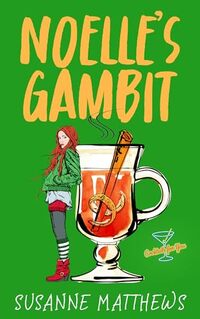 Noelle's Gambit: A determined woman will do anything to save her home and the town's Christmas celebration (Cocktails For You)
Genre: Contemporary Romance
Noelle's Gambit: A determined woman will do anything to save her home and the town's Christmas celebration (Cocktails For You)
Genre: Contemporary Romance
 It's a Match: A humorous, contemporary, second chance at love book with a female lead in a non-traditional occupation (Cocktails For You)
Genre: Contemporary Romance
It's a Match: A humorous, contemporary, second chance at love book with a female lead in a non-traditional occupation (Cocktails For You)
Genre: Contemporary Romance
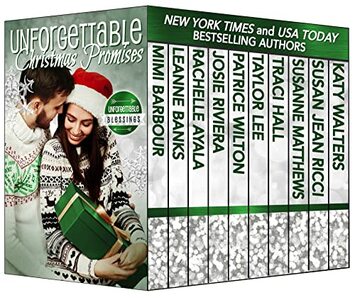 Unforgettable Christmas Promises: Unforgettable Blessings (The Unforgettables Book 24)
Genre: Contemporary Romance
Unforgettable Christmas Promises: Unforgettable Blessings (The Unforgettables Book 24)
Genre: Contemporary Romance

